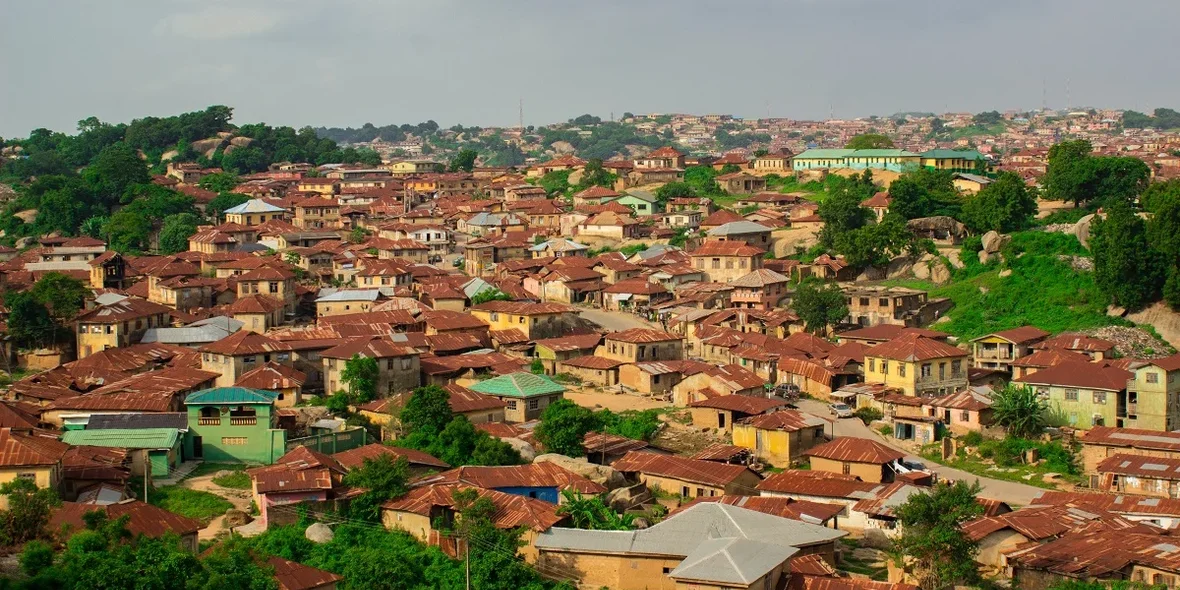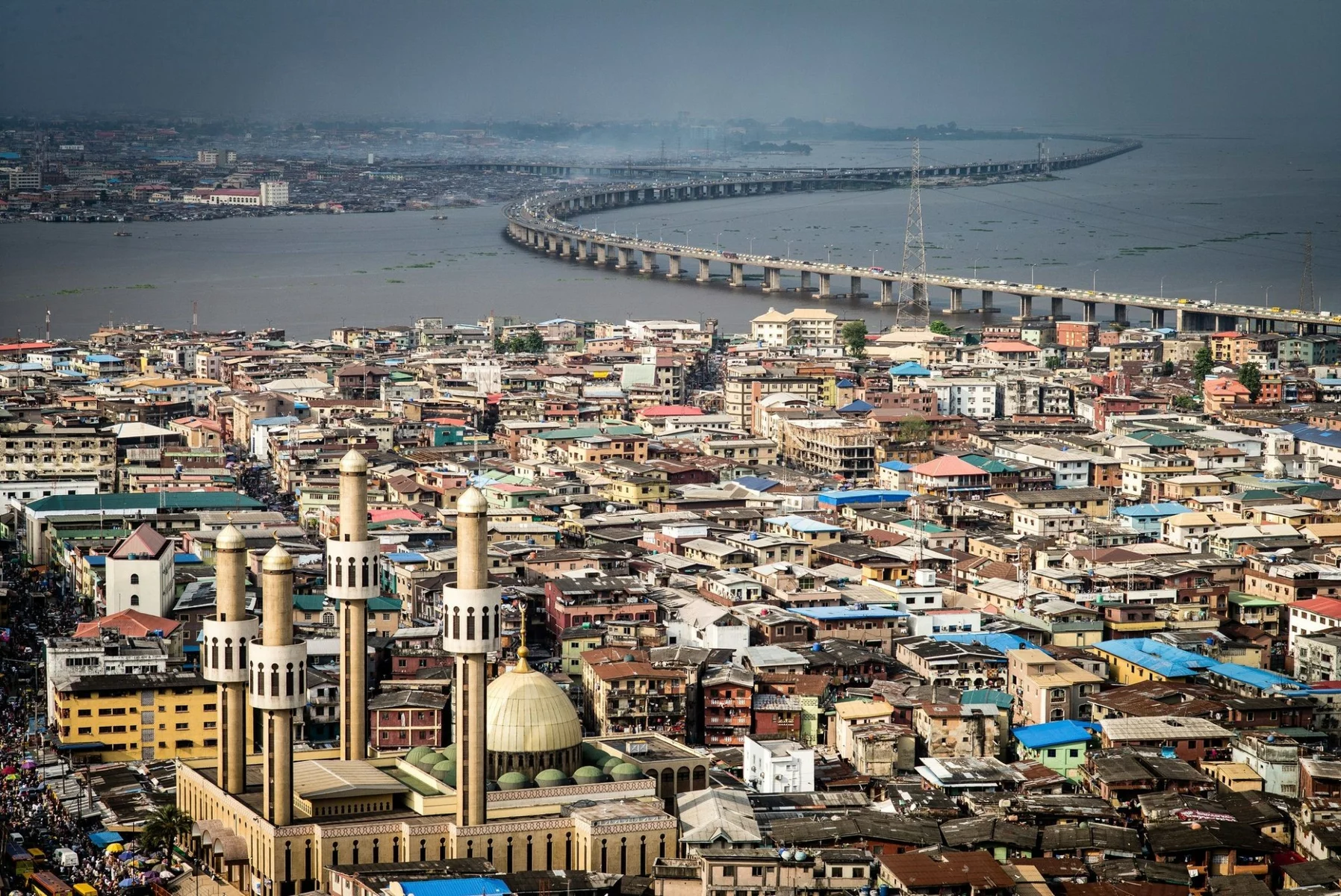
«It will be difficult for a foreign investor to buy land here, but the profit can be colossal». Can Nigeria real estate market be opening in next year?
Nigeria is a mystery country for a wide range of investors: it is full of risks and pitfalls, but there are also «chests of gold». According to Founder & CEO Zuma Real estate international Ltd Yusuf Makka the real estate market in Nigeria can become an investment «discovery» of 2022. Together with a journalist from Realting.com, we figure out what exactly can attract a new market and what difficulties an inexperienced investor may face.

— How active is the real estate market in Nigeria?
— Nigeria is a middle-income country with over 200 Million citizens. Not only is the country the most populous black nation, but it also has the biggest economy with an estimated gross domestic product (GDP) figure at $514.076 billion (2021). Real Estate investment is one of the easiest means its citizens get to partake in this wide economy.
The population has increased the need for improved properties. Personal preferences, which are inclined to technological advances, are yet to be met. Due to changes in traditional living conditions, youths look onto developers for residential buildings that meet their likings; citizens prefer apartments with modern adaptation to modern security frameworks.
The real estate sector in Nigeria has recorded tremendous growth over the years and has become a lucrative venture for development firms and investors alike. However, as Nigeria’s real estate sector continues to evolve, several challenges facing the sector have also hampered it from realizing its true potential. The housing deficit has been a problem for the housing sector for so many years now. Addressing the housing deficit has been a chronic challenge due to a number of reasons; however, property developers are doing a lot in their capacity to ensure housing is available to the populace at a reasonable price.
Access to funds has been a major challenge for developers and many have found off-plan projects, where buyers pay for houses before they are built, as a viable means to finance construction projects. This process slows down the delivery of homes as the developer must find buyers that are willing to pay for the property even before construction can begin. Though it has its shortcomings, it has proved useful, as over 50,000 housing units are developed annually in Nigeria using this means.
Recently, the Central Bank of Nigeria (CBN) approved NGN 200 billion (US$ 520 million) in mortgage finance to fast track construction of 300,000 social housing units for low-income households, and to create new jobs for the unemployed.
The 300,000 mass housing initiative will benefit from the sum of N2.3 trillion Economic Sustainability Plan which was approved in June 2020 by President Muhammadu Buhari . Expectation is that the social housing project will employ the services of both established developers and young small-medium scale professional contractors such as architects, engineers, quantity surveyors, accountants, etc.
The development of the housing project, which cuts across the six geopolitical zones of the country and will comprise one, two and three bedroom units, is going to serve as a launch pad for increased construction activities in the new Year. It has been hailed by real estate sector stakeholders.
— Tell us more about the real estate market in Nigeria. What real estate objects represent the segment of inexpensive real estate? Is there luxury real estate and what is it like?
— When you say luxur it stands by it’s name. Those who can afford luxury are not moved by the price. Those who also belong to the class must keep up the appearance because what was luxury before have become basic today.
The demand for exclusive residential properties that offer larger footprints, provide more amenities such as private outdoor space, touchless technology, numerous home offices, and health perks, including air and water filtration to natural and ambient lighting systems, will still be the driving force of luxury real estate in Nigeria.
Fortunately, most of the current stocks are in that category. There is super luxury and ultra luxury, which are delineated by location and found in Banana Island, Eko Atlantic in Lagos as well as Maitama, Aso drive in the FCT (Abuja).
Here are the objects for example:
- zumarealestateltd.com/property/the-bellavue-iv
- zumarealestateltd.com/property/the-hills-residences-guzape

Фото: www.samovar-news.com
— Is Nigeria’s real estate market promising? Why the real estate market in Nigeria can be of interest to a foreign investor?
— What you should know: The country’s real estate sector is not static. The industry is steadily advancing with investment approaches, evolving around market demands, investors’ choices and trends. Although the real estate sector was sluggish last year, there are indications that the sector will experience a vast growth this year as the country’s economy has started gaining stability.
However, Citizens have the right to invest in a country, and so are foreigners, there are restrictions to the business participation of foreign individuals and firms by some countries. One of such country is Nigeria.
In Nigeria, investors have to wade across stiff rules to meet eligibility. One of such rules is the Acquisition of Lands by Alien Laws, ALAL, of each thirty-six states of the country and the Federal Capital Territory, Abuja.The law regulates the possession of landed property by foreign entities classified as ‘aliens’. These aliens are persons who are not native of Nigeria or corporate entities whose stakes are not majorly owned by Nigerians.
Foreigners under this law have rights to landed properties but not without the approval of the governor of such state where the property lies. This consent which must be in written form precedes a statutory fee charged by the state.
By this law, a foreigner is only permitted to own and develop upon the land for a maximum term of 25 years. There’s however a clause allowing Governors to adjust the terms.
Summarily, as a foreigner, the procedure towards having an ownership right to real estate in Nigeria involves foremostly obtaining the lease documents, as the Governor only grants rights to lands for a duration under his discretion rather than an outright sale.
After payments, the consent of the governor should be sought after through the state government’s land management department. The burden of going through all documentation greatly hinders foreigners’ participation in the country’s real estate industry.
— What are the strengths and weaknesses of the Nigeria real estate market?
— The importance of real estate in Nigeria cannot be overstated. It is a major economic driver and has generated wealth for the country. However, despite being Africa’s largest sector, it has faced a number of critical challenges over the years.
One of the major factors that motivate investors is the ease of converting their investments to cash whenever the need arises, and through a reliable channel. Unlike most other markets, investors can have a hard time finding statistics with basic information such as deal prices, supply, leasing activity and property ownership. In Nigeria, it takes months or years to convert a real estate investment to cash.
















